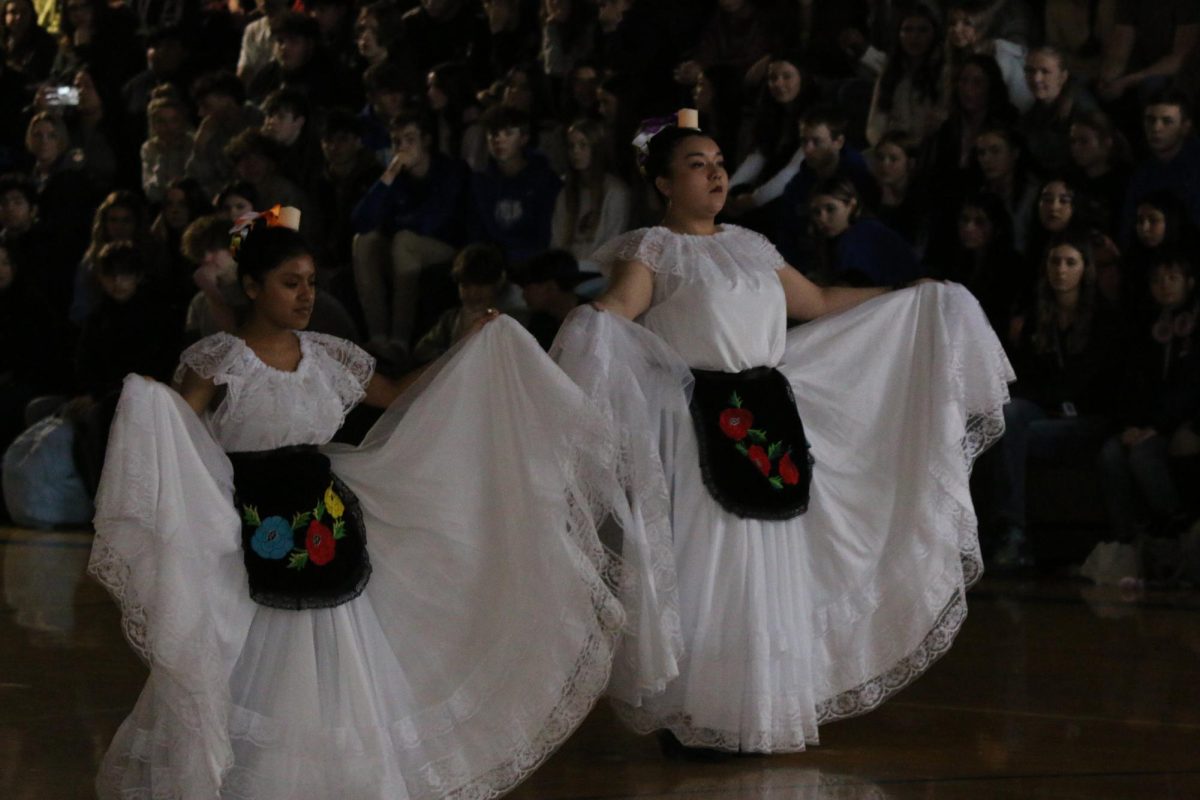It’s easy to picture yourself with flowers in one hand and a diploma in the other. It’s easy to imagine the perfect summer after senior year; the official beginning of your new, self-directed life. It’s not, contrarily, easy to begin the pile of work that sits in front of you. The idea that the future holds greater things may sound like a motivating sentiment, but it does little to help seniors jump over the hurdle of assignments.
Senioritis, as defined by the Merriam-Webster dictionary, is the lack of motivation in school seniors exemplified by tardiness, absences, and dropping scores. First coined in 1907, senioritis is a phenomenon that has been recognized for centuries – and it doesn’t seem to be going anywhere. With the promise of freedom from high school, seniors jump at the opportunity to prioritize all but academics.
Sedro-Woolley High School senior Brooke Ryan knows the feeling well. “At this point, I just want to pass my classes, I don’t care about the letter grade anymore,” said Ryan. “I just do the bare minimum – I just want to get it done.”
Many students begin high school with big aspirations, challenging themselves academically and taking interest in the idea of prestigious universities. However, when senior year rolls around, education becomes less about impressing admission officers and more about seeking the classes that one genuinely enjoys, especially in the case of specified technical jobs.
In these situations, senioritis may be driven by the realization that some pathways only require so much. “Just recently I switched to wanting to get into the trades,” said Ryan. “Ever since I realized I don’t need these grades to get into a good college, I stopped caring and it became more about passing.”
The independence that comes with graduating and going to college is the biggest allure for senior Meleny Lamas. Her problem lies not in tiring of education, but in not being able to study what she’s passionate about due to the limited high school classes. The specificity of college education and the freedom of college life is bound to make anyone impatient to graduate.
“I’m ready to get out, I’m ready to go to college,” said Lamas. “I have so many things planned for college, I’m looking forward to that.”
According to Lamas, a dip in motivation is bound to affect every student. “I was like, Oh, I’m never gonna go through [senioritis]. I’m going through that right now. And it is hitting me hard right now,” said Lamas.
As students like Ryan progress through their last year of high school, time previously spent on homework is now spent preserving their happiness. Ryan has no problem napping in class if she’s feeling tired or pushing assignments to the side when unmotivated. Additionally, with many students parting ways to attend far-away colleges and universities, there is an inclination to spend free time with friends before they leave.
“I’m not going to see very many of these people ever again,” said Ryan. “With this little time that I do have with them, I’m going to make the most of it.”
For others, Ryan speculates, senioritis might be a case of students simply exercising their new found freedom. As one turns 18 and is treated as an adult, some may feel as though they’re “above high school.”
“I know people who just straight up skip school; they don’t show up the entire day,” said Ryan. It’s a mentality Ryan characterizes as “I’m 18, so I can do whatever.”
As this school year comes to an end, seniors can only do what they do best and prioritize what they find most important as they enter the real world as adults.






